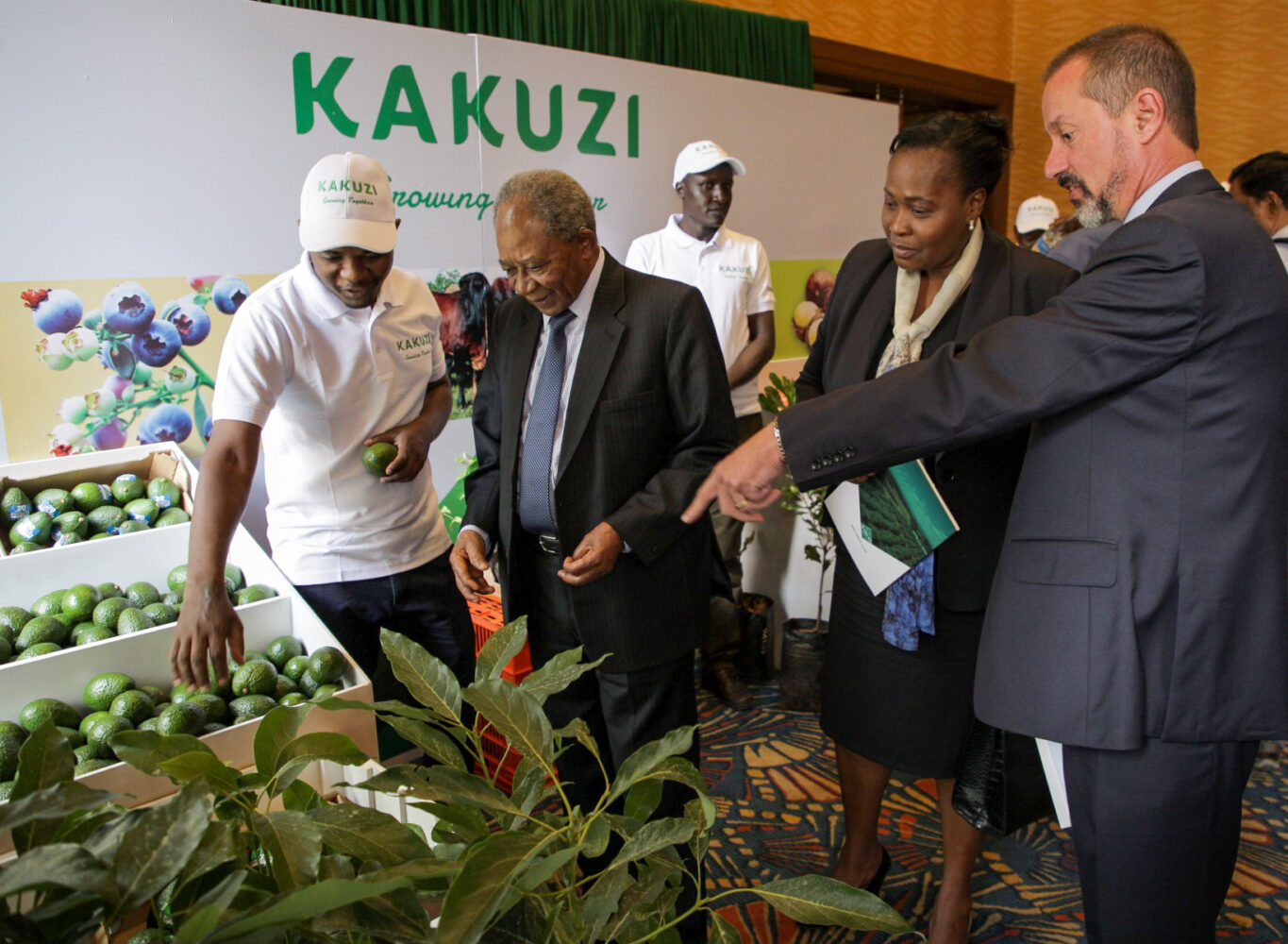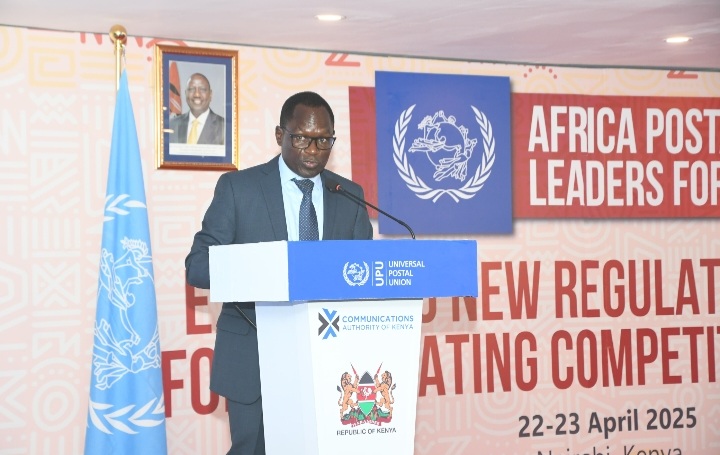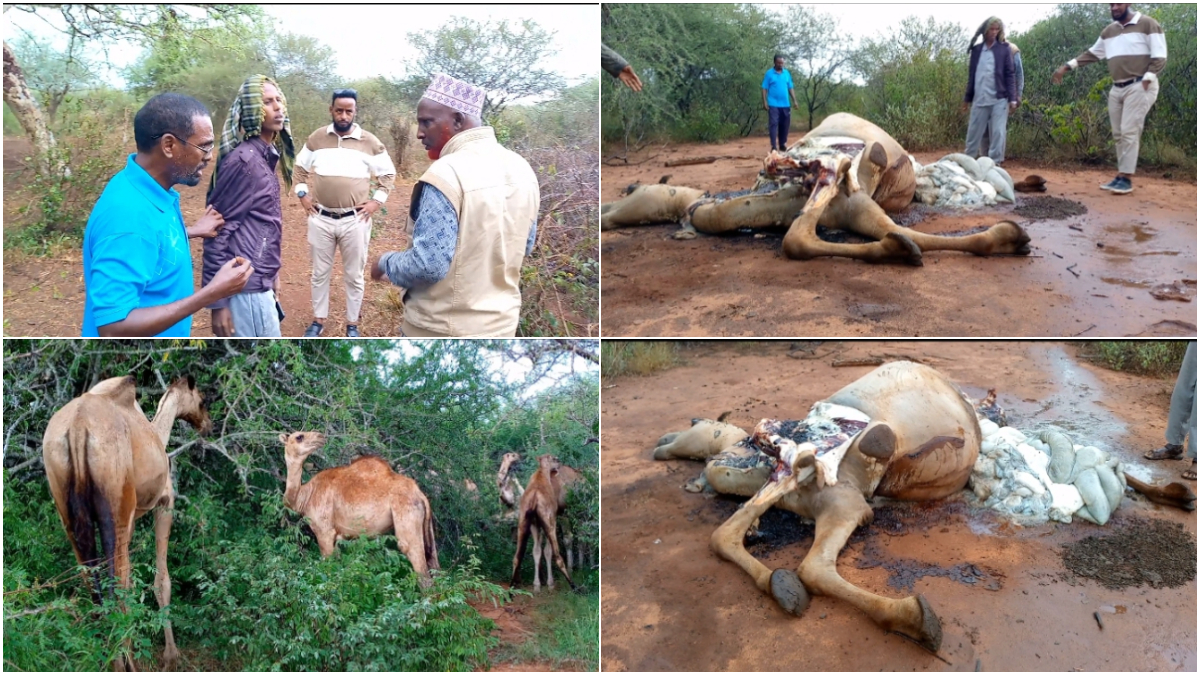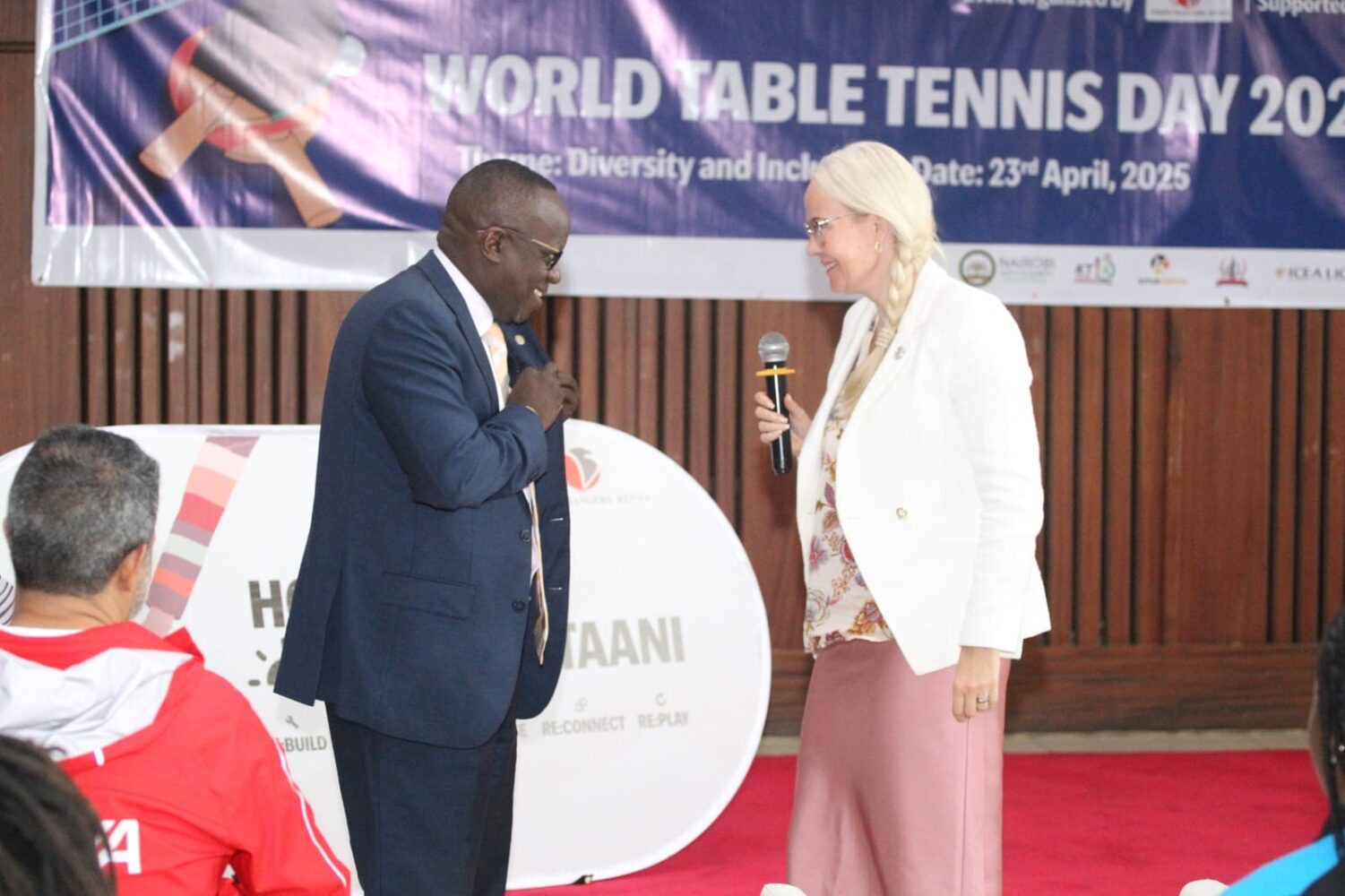Listed agri-business firm and superfoods producer Kakuzi Plc (NSE: KUKZ) has announced a Kshs 507 million half-year pretax profit on the back of a general market recovery for its Macadamia Nuts and Avocado superfoods exports business.
Speaking when he announced the half-year results release, Kakuzi PLC Managing Director Mr Chris Flowers said the firm’s half-year results had been positively impacted by a buoyant international avocado market, created mainly by subdued global supply for the popular superfood.
He added that international demand for macadamia nuts has also returned to pre-COVID levels, with prices steadily growing but still lagging 2021 levels.
The firm’s total turnover grew by 35% to Kshs 1.175 billion, up from Kshs 873 million posted in the same half-year period last year.
Buoyed by lower market supply from traditional high-volume Avocado suppliers in the international market from South American countries such as Peru and Mexico, Kakuzi’s avocado fortunes enjoyed a 42% growth to close the half-year trading period at Kshs 951 million, up from Ksh 670 million posted within the same period, last year.
Kakuzi’s macadamia earnings have now returned to a profit zone, with a Kshs 32 million profit, up from a Kshs 329 million loss posted within the same period last year. Demand for the firm’s sustainable wood products continues to soar in the half-year trading period, with divisional profits, growing 54% to Ksh 71 million, up from Ksh 46 million posted in the same period last year.
“In line with our expectations, the global macadamia industry has taken a positive turn, with all markets recording a return to near normal (pre-COVID pandemic) demand levels. Global stock levels from 2023 have largely been consumed, and 2024’s production, which is currently being harvested and processed, is well-committed to the market,” Flowers said.
He added, “Despite the challenges posed by reduced avocado production in Peru and Mexico, Kakuzi has shown resilience in the face of a tight supply situation in Europe and the USA. The impact of climate change on agriculture, including our own, has been significant, with the rainfall last April nearly double the normal amount, negatively affecting avocado production. However, we remain steadfast in our commitment to overcoming these challenges.”
Despite a tough operating environment, Kakuzi Plc Board Chairman Mr Nicholas Ng’ang’a reiterated the firm’s unwavering commitment to promoting responsibly grown Kenyan superfoods in both traditional and emerging markets. Quality, traceability, and sustainability will continue to be Kakuzi’s key operating pillars. “We are proud to see more and more customers appreciating our value-added and fresh produce range of edible oil, fresh meats, and roasted and coated macadamia nuts,” he said.
While commenting on the sector’s operating challenges, Mr Ng’ang’a noted that the political situation in and around the Red Sea has effectively forced all the major shipping lines to travel around the Cape rather than through the Suez Canal. As a result, transit times for Kenyan avocados have been extended to nearly the edge of what is possible, which manifests in some quality problems.
“These challenges underscore the critical need to diversify our markets. We acknowledge that while China, India, and the Middle East offer long-term growth possibilities, they currently lack the scale to substitute Europe. However, exploring these markets could provide a buffer against future market disruptions,” Mr Ng’ang’a said.
Mr Flowers noted that heavy rains early this year had negatively impacted avocado growing conditions at the farm operating level. Thankfully, only limited damage was caused to the firm’s avocado biological assets. Rainwater runoff from Kakuzi’s vast water catchment areas filled the firm’s 19 Kakuzi earth wall dams, and the overflow channels (spillways) all performed according to their engineering design.
Mr Flowers noted that the Kakuzi Farm Market, which opened its doors last year, has established itself and successfully launched as a future-proof enterprise hub, attracting discerning and youthful clientele. “This hub, a platform for local entrepreneurs to form business partnerships with Kakuzi, is improving our product sales and creating a win-win business model for all involved. We can all take pride in this achievement,” he said, adding, “Our customers’ feedback is invaluable. We’ve had to expand our facilities because of the increasing demand for our cold-pressed macadamia oil. The trend towards food with farm-to-fork credentials, whether meat products, blueberries, avocados, or macadamia nuts, clearly indicates the evolving preferences of discerning consumers.”
As the demand for retail products in the domestic market increases, Kakuzi, Mr Flowers assured, will continue to evaluate its capacity to satisfy the market demand.
“Already, we have had to intensify our arable operations to provide more feed for our livestock. In turn, livestock numbers may also have to be increased to meet the demand from the Boran Barn restaurant and Butchery operations. The Goat meat (Kabuzi) and newly established mutton ranges will also add further variety for our customers. We have also increased our areas under commercial forestry as demand for sustainably grown wood products increases. Customers see the financial benefits of quality-treated posts and construction materials for small and large-scale projects.”
Early this year (March 2024), Kakuzi entered the Indian avocado export market. The firm, which has enjoyed traditional market access opportunities in Europe, China, and the Middle East, is pursuing strategic market diversification strategies, with new opportunities for avocado sales in India and Malaysia that are high on the business development priority list.
Due to the ever-growing demand for quality superfoods globally, the company expanded its avocado orchards by 60 hectares last year, up from 927 hectares at a Kshs 120 million investment cost. Kakuzi made history in 2022 by landing an inaugural shipment of fresh fruits in the Chinese market.












